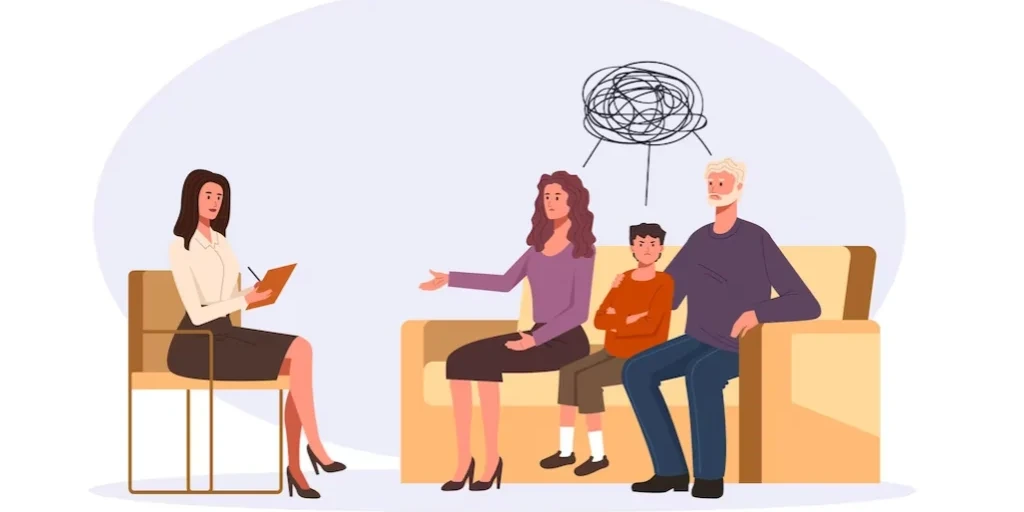24/7 Helpline:
(866) 899-221924/7 Helpline:
(866) 899-2219
Learn more about PTSD Rehab centers in Ivy
PTSD Rehab in Other Cities

Other Insurance Options

Health Choice

EmblemHealth

Sliding scale payment assistance
Beacon

WellPoint

Magellan

Optum

BlueCross

BlueShield

Magellan Health

Absolute Total Care

Highmark

AllWell

Premera

Multiplan

Cigna

Providence

Horizon Healthcare Service

Carleon

Group Health Incorporated





























































































































Region Ten Community Services Board – Crozet
Region Ten Community Services Board is a non-profit rehab located in Crozet, VA. Region Ten Communit...




































































